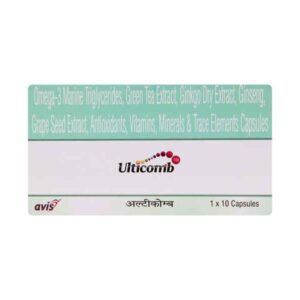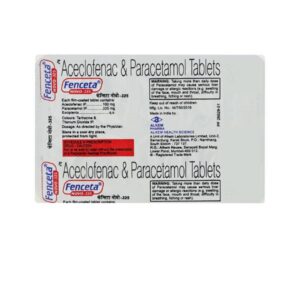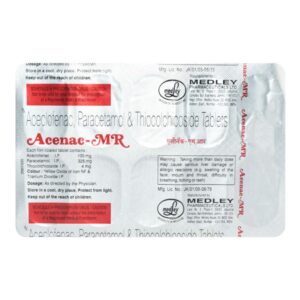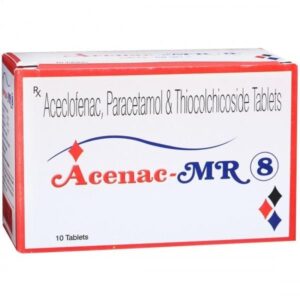ANTIOXIDANT + VIT AND MINERALS
Antioxidant: Drug: Antioxidant
Use: Antioxidants are substances that help protect cells from damage caused by free radicals. Free radicals are unstable molecules that can cause harm to cells and contribute to various health problems, including aging, cancer, and heart disease. Antioxidants work by neutralizing these free radicals, reducing their potential harm.
Mechanism of action: Antioxidants can be naturally occurring or man-made and are found in various foods, including fruits, vegetables, and certain supplements. They work by donating an electron to the free radicals, effectively stabilizing them and preventing them from damaging the cells. This process helps maintain the balance between free radicals and antioxidants in the body.
Dose: The recommended daily intake of antioxidants varies depending on the specific antioxidant and individual needs. Antioxidants can be obtained through a balanced diet rich in fruits, vegetables, nuts, and legumes. However, some may also consider antioxidant supplements, which should be taken according to the recommended dosage on the product label or as directed by a healthcare professional.
Side effects: When obtained through a balanced diet, antioxidants are generally safe and well-tolerated. However, high-dose antioxidant supplements may have potential risks. For instance, excessive intake of some antioxidants like vitamin E and beta-carotene has been associated with increased risks of certain health issues. It’s important to note that supplements should not be used as a substitute for a healthy diet, and it’s always recommended to consult with a healthcare professional before starting any supplement regimen.
It’s worth mentioning that the term “antioxidant” encompasses a wide range of substances, and the effectiveness and safety can vary. Therefore, it’s recommended to focus on a diverse and balanced diet rather than relying solely on antioxidant supplements to obtain these benefits.
Vit And Minerals: Drug: Vitamins and Minerals
Use: Vitamins and minerals are essential nutrients that our bodies need in small amounts to function properly. They play crucial roles in various bodily processes such as growth, energy production, immune function, and maintenance of overall health. These nutrients are typically obtained through a balanced diet, but in some cases, supplementation may be necessary to ensure adequate intake.
Mechanism of Action: Vitamins and minerals work in various ways within the body. For example, vitamin C acts as an antioxidant and is involved in collagen synthesis, while calcium is vital for bone health. These nutrients help in enzyme reactions, hormone production, and promotion of cellular health.
Dose: The recommended dose of vitamins and minerals varies depending on factors such as age, sex, underlying health conditions, and individual needs. It is best to consult with a healthcare professional or a registered dietitian before starting any vitamin or mineral supplementation.
Side Effects: In general, when taken within recommended doses, vitamins and minerals are considered safe and well-tolerated. However, excessive intake of certain vitamins or minerals can lead to adverse effects. For example, large doses of vitamin C may cause digestive upset or diarrhea, while excess iron can be toxic and cause organ damage.
Additionally, interactions can occur between certain medications and specific vitamins or minerals. For instance, vitamin K can interact with blood thinners, and high-dose vitamin E may increase the risk of bleeding. It is essential to inform your healthcare provider about all medications and supplements you are taking to avoid potential interactions.
Overall, while vitamins and minerals are essential for optimal health, it is crucial to consume them in appropriate amounts and under medical guidance to prevent any potential adverse effects.





